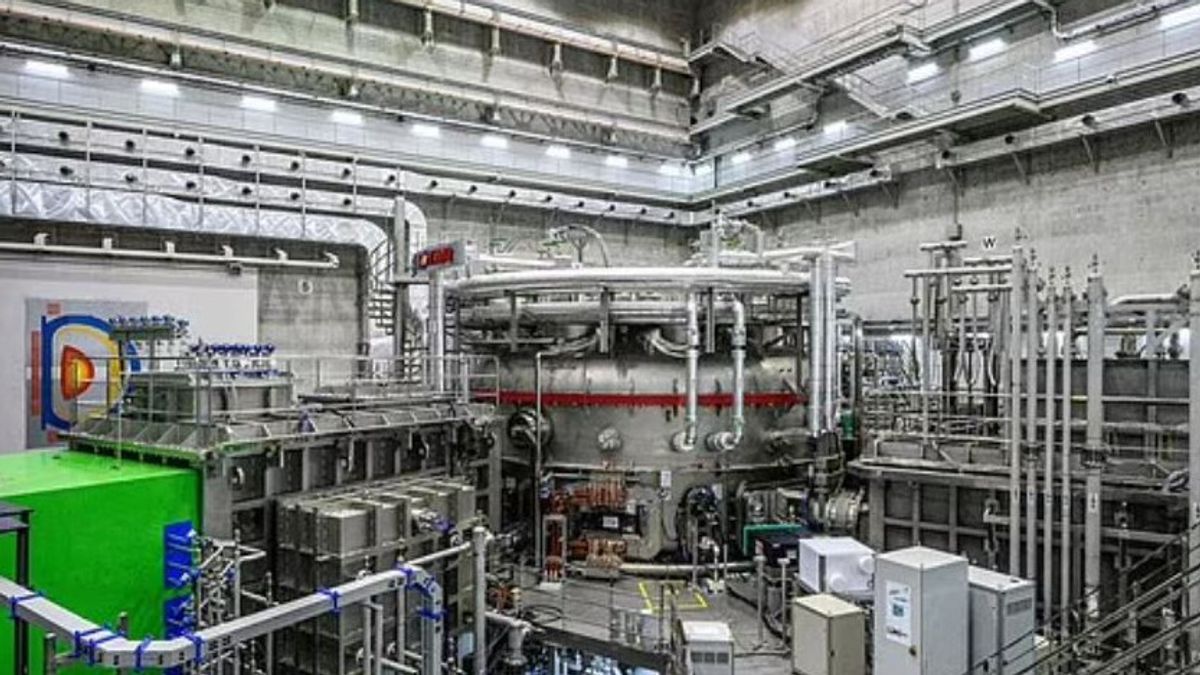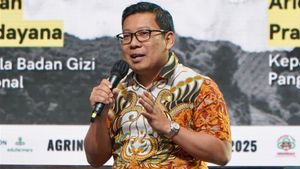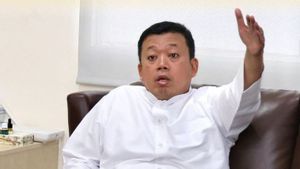Jakarta - An experimental reactor named KSTAR in Daejeon, Korea, has set a new world record in nuclear fusion research. This giant donut-shaped tool, also known as sun made in Korea, managed to operate at a temperature of 100 million°C (180 million$F) for 48 seconds. To provide a perspective, this temperature is seven times hotter than the solar core!
Nuclear fusion reactors around the world are racing to operate at higher and longer temperatures, to extract as much energy as possible from the fusion process. They work by hitting heavy hydrogen atoms to form helium, releasing huge amounts of energy - mimicking processes that occur naturally in the centers of stars like our sun.
KSTAR has set a record in 2021 with a temperature of 100 million degrees for 30 seconds, but has now broken the record. Korean experts managed to achieve this feat between December 2023 and February 2024 using tungsten instead of carbon in its disposal.
This disposal extracts the impure from fusion reactions while holding the heat very high, thanks in large part to tungsten which has the highest melting point among all metals.
"This record-breaking test brings us one step closer to the ultimate goal of infinite clean energy," said Dr. Si-Woo Yoon, director of the KSTAR Research Center.
SEE ALSO:
While the use of nuclear fusion to power homes and businesses may still be far away, KSTAR proves that fuel burning such as stars can be achieved and controlled with current technology.
Like many other reactors around the world, KSTAR was built as a research facility to demonstrate the potential for promising nuclear fusion in power generation. This reactor could be a precursor for fusion power plants that supply direct power to the grid and electricity to people's homes.
This power plant can reduce greenhouse gas emissions from the power generation sector, by switching from the use of fossil fuels such as coal and gas. In contrast to the fission (technic currently used in nuclear power plants), fusion does not carry a risk of catastrophic nuclear accidents and produces far less radioactive waste than current power plants.
The English, Chinese, Japanese, Arabic, and French versions are automatically generated by the AI. So there may still be inaccuracies in translating, please always see Indonesian as our main language. (system supported by DigitalSiber.id)


















